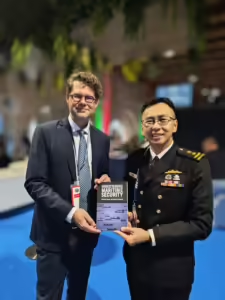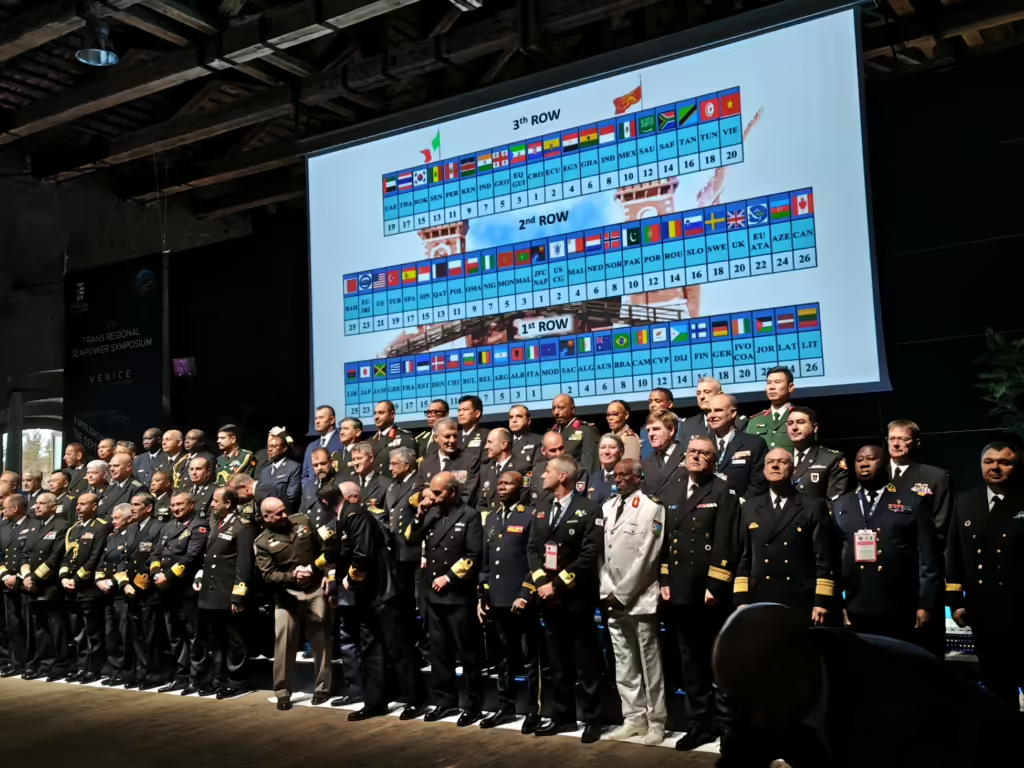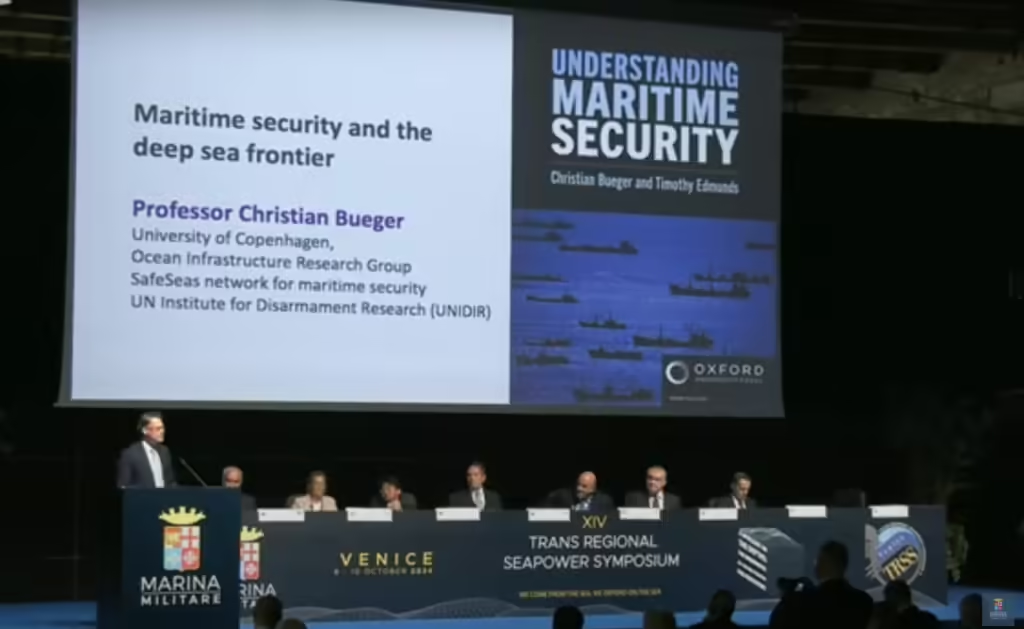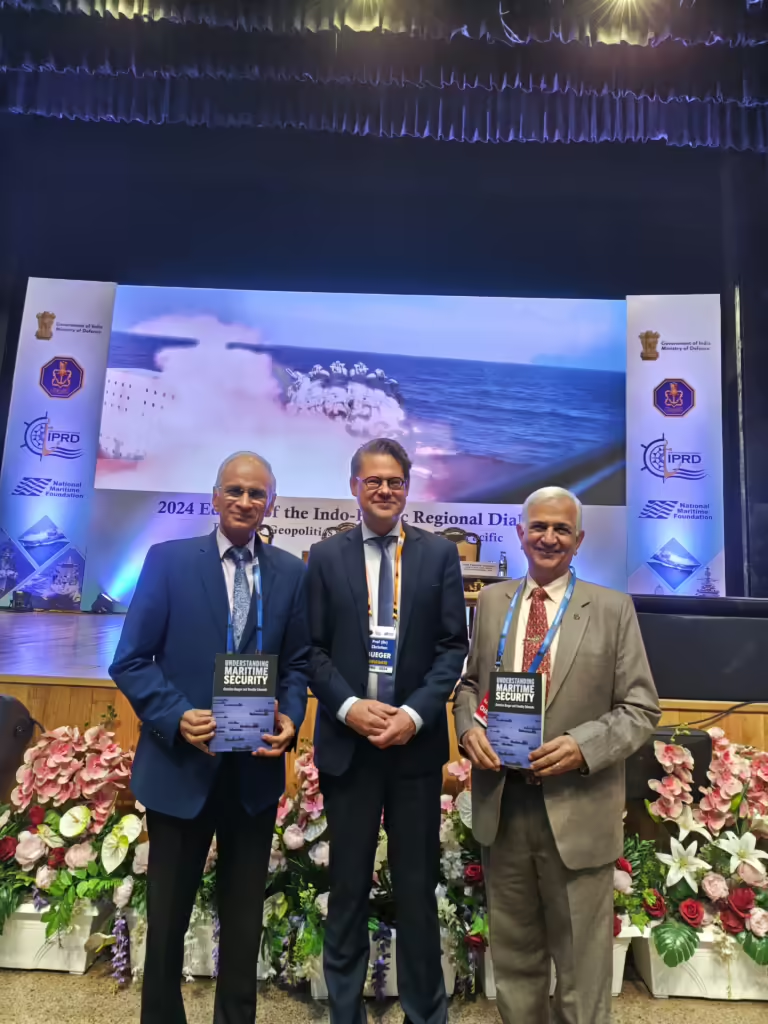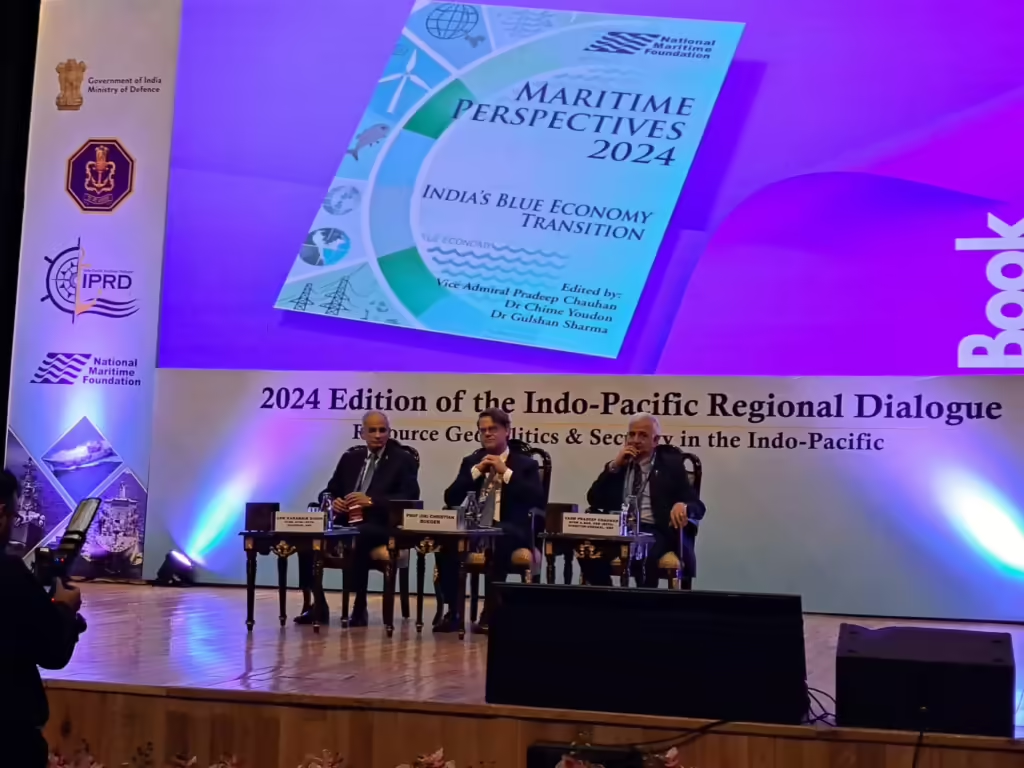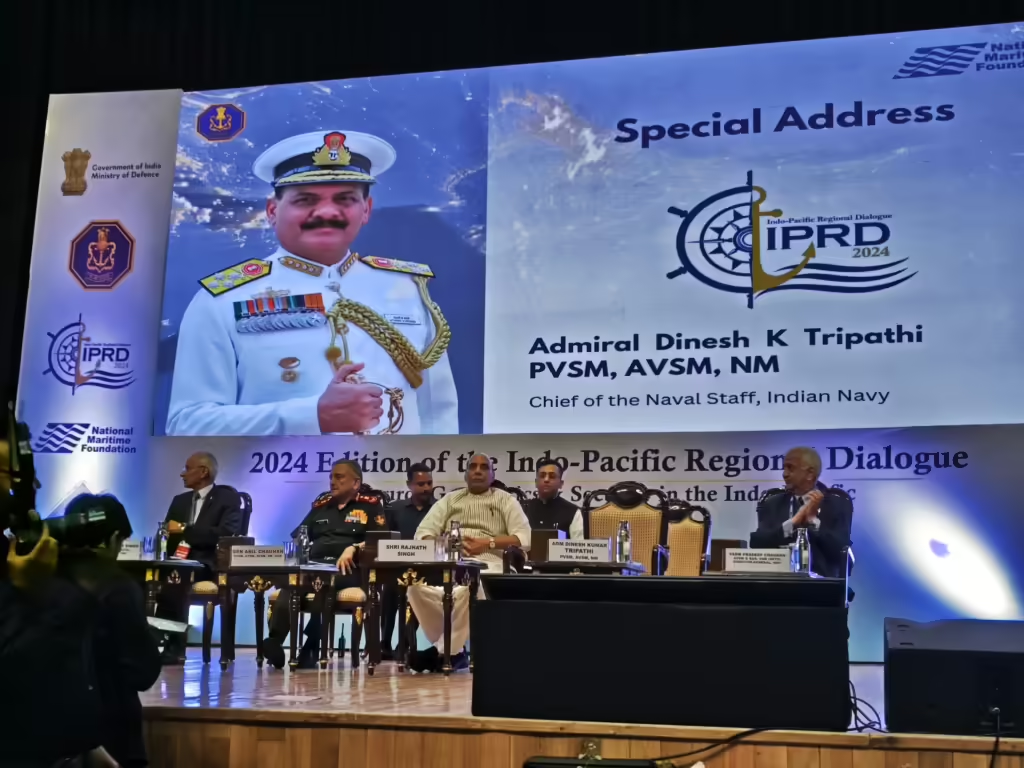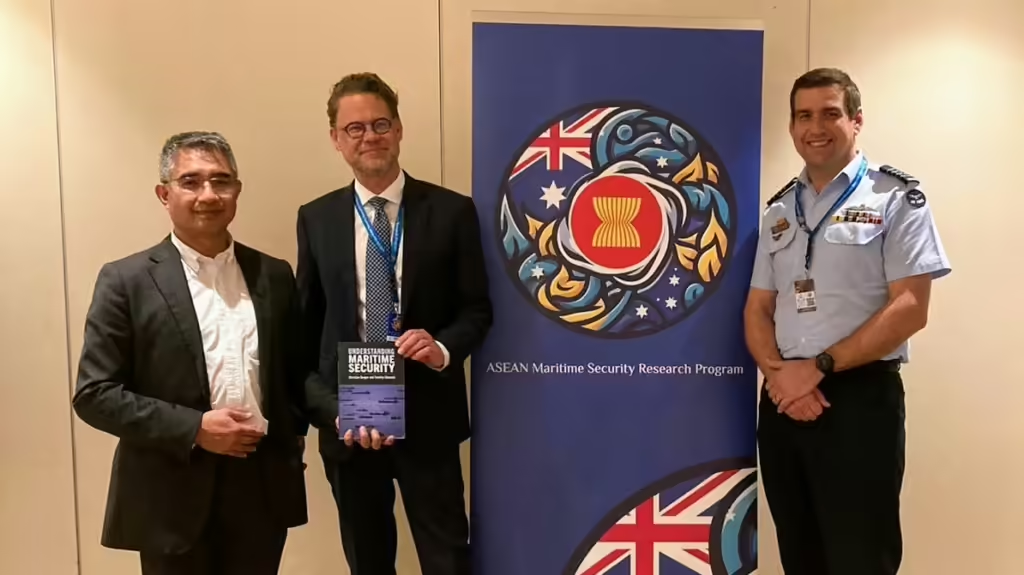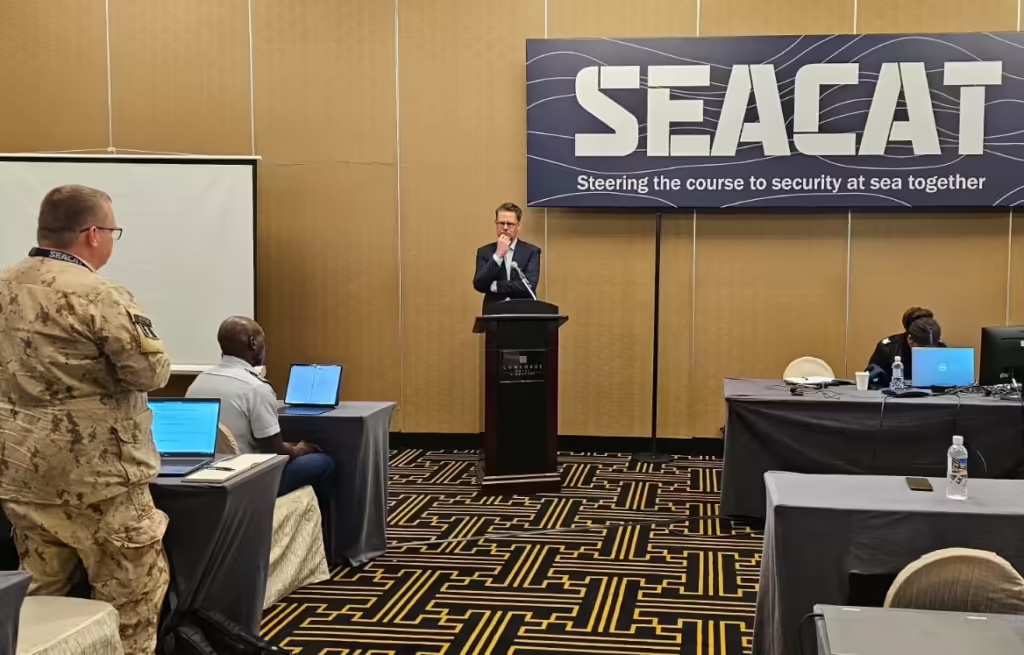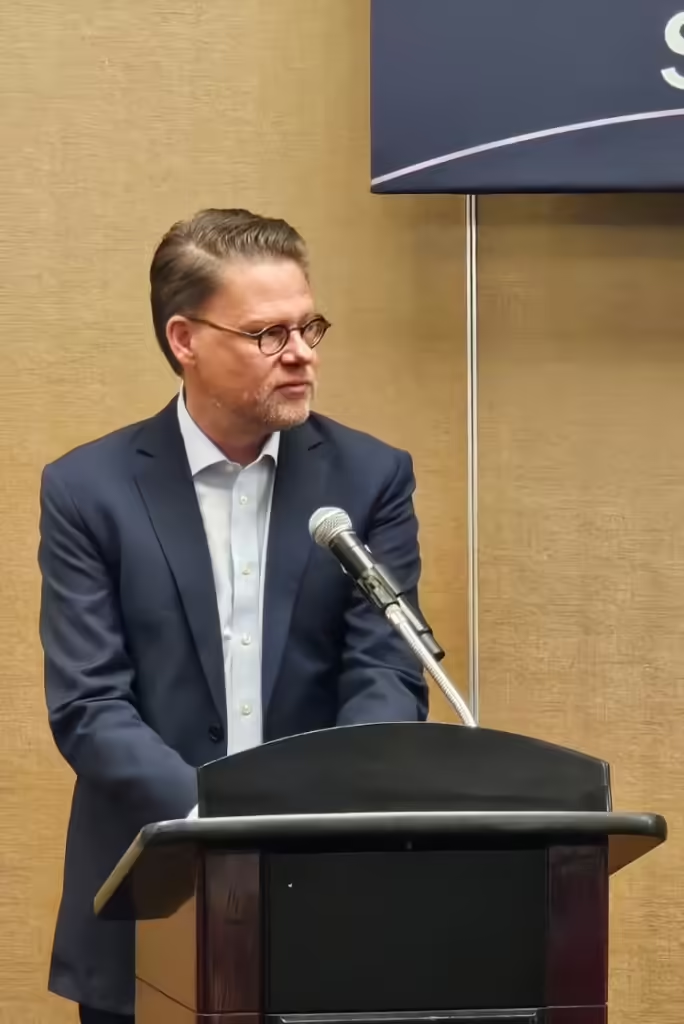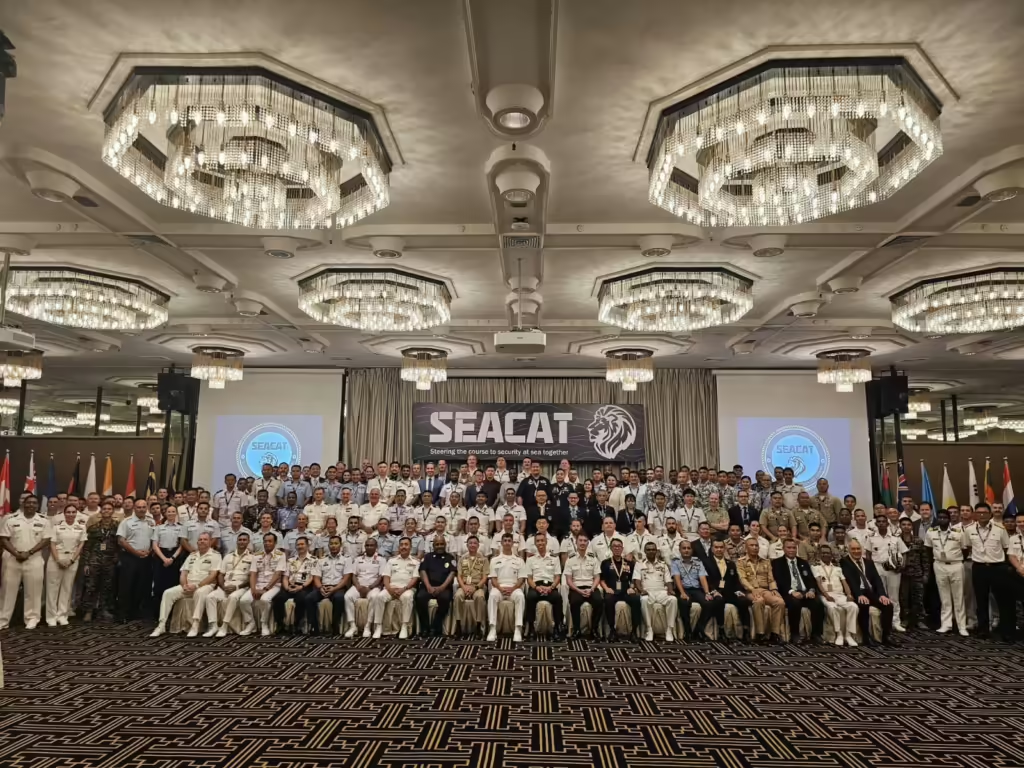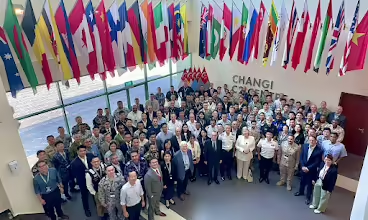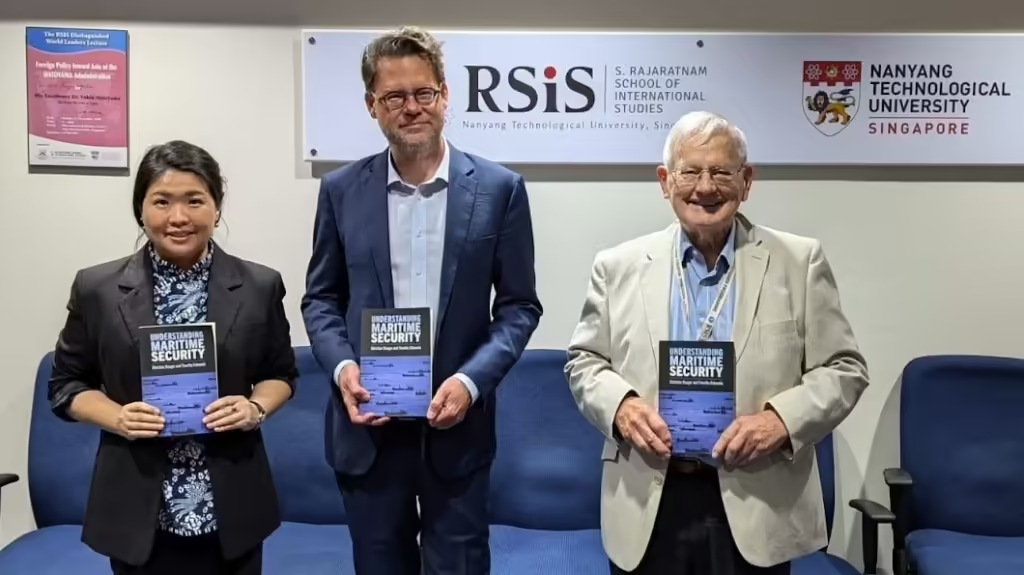I’m thrilled to share our new report: ‘Securing the Seas: A Comprehensive Assessment of Global Maritime Security’, written with Tim Edmunds and Jan Stockbruegger in collaboration with United Nations Institute for Disarmament Research (UNIDIR). Here’s what makes this report unique:
- We’ve mapped 20 emerging challenges that will reshape the future of security at sea.
- We’re giving you the first-ever complete and detailed map of global maritime security governance.
- We’re highlighting critical threats you need to know about, e.g.:
- Critical maritime infrastructure protection
- Dark fleet operations
- Maritime cyber security
- Naval mine proliferation
- Green defense challenges
- We call for better calibrating formal and informal and regional and global responses and new forms of coordination.
This is just the beginning of our work with UNIDIR on maritime security, and I’d love to hear your thoughts on the report. What are the challenges that we should prioritize? How can we tackle them?
